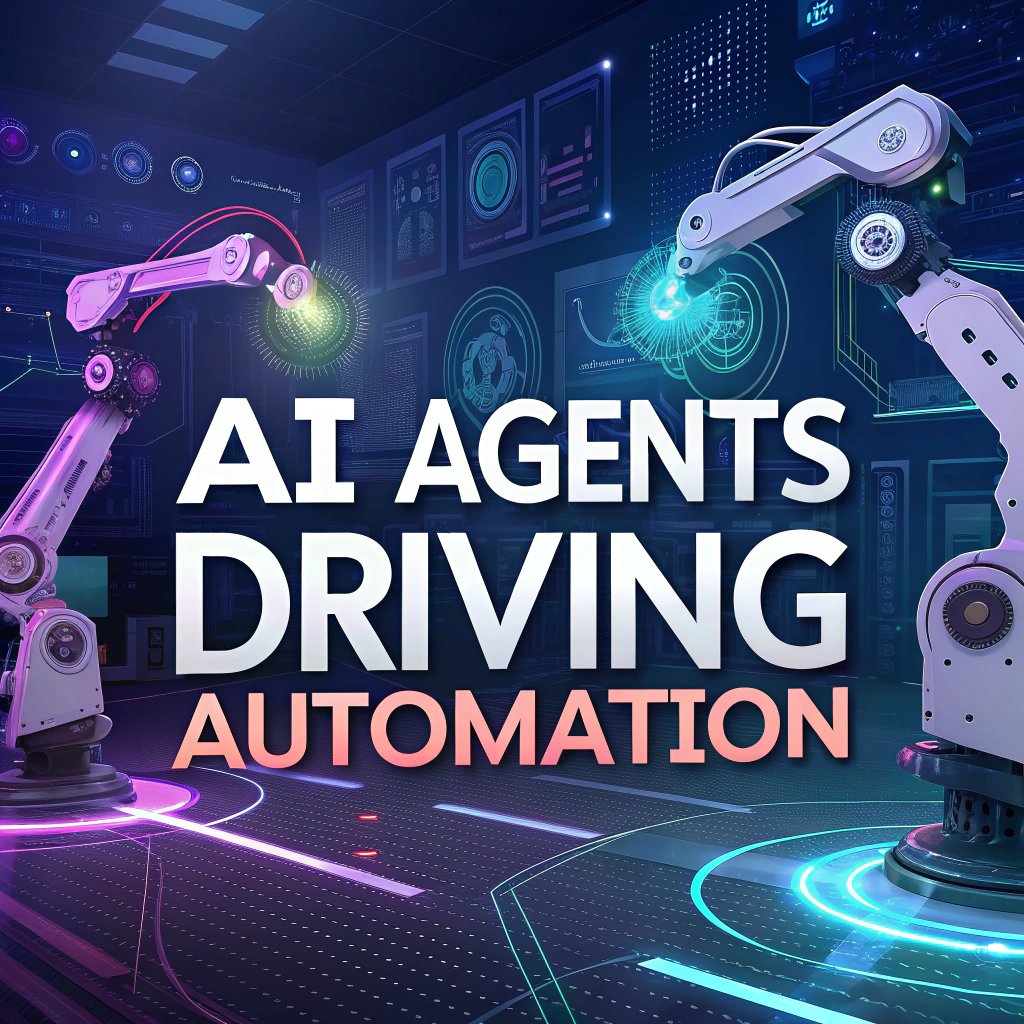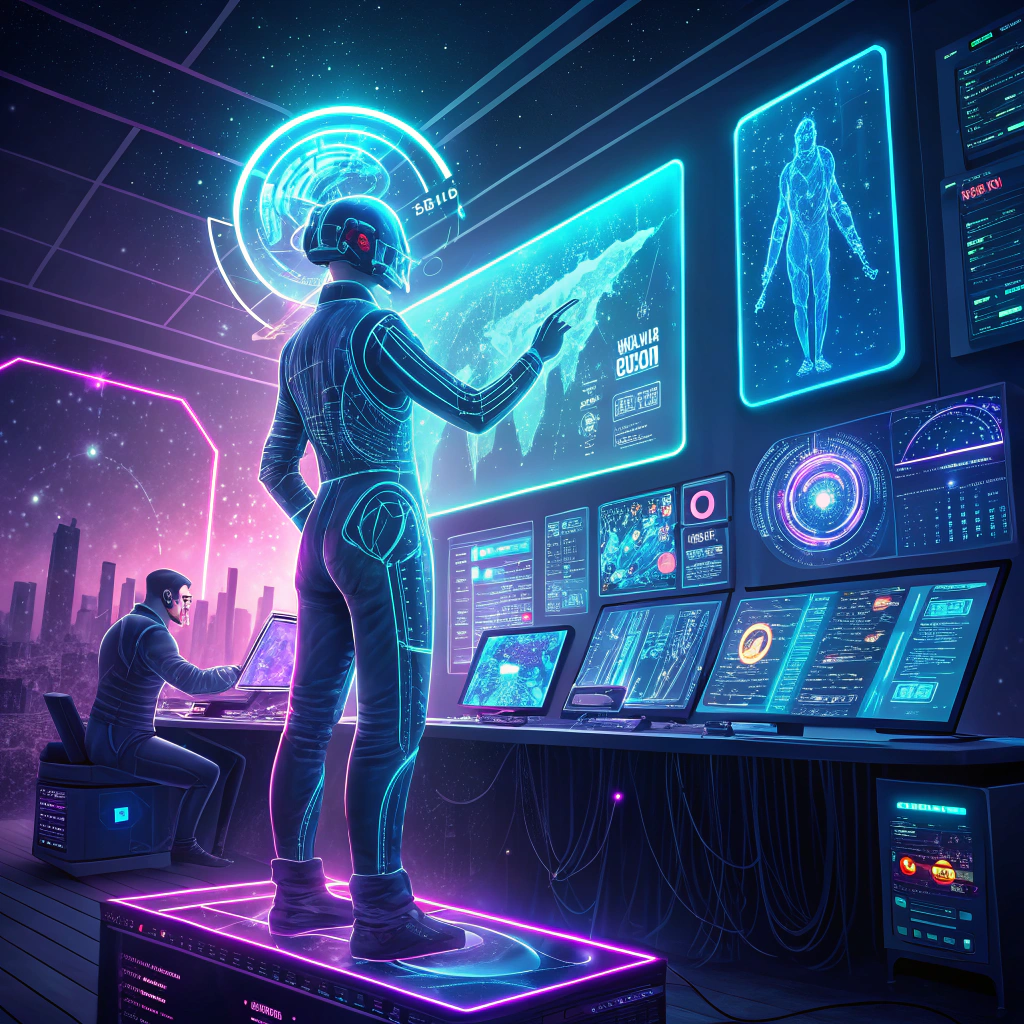The Comprehensive Guide to Agent Technology: Revolutionizing Modern Industries

The Comprehensive Guide to Agent Technology: Revolutionizing Modern Industries
In today’s fast-paced digital landscape, the term "agent" has taken on a new meaning, extending far beyond its traditional roles in law enforcement or real estate. An agent, in the realm of technology, refers to a software entity that performs tasks autonomously on behalf of a user or another program. This comprehensive guide explores the transformative power of agent technology and its revolutionary impact on modern industries.
Understanding Agent Technology
Agent technology encompasses various forms of software agents, including intelligent agents, autonomous agents, and multi-agent systems. These agents work independently or collaboratively to perform complex tasks, streamline processes, and optimize operations across different sectors.
Types of Agents
- Intelligent Agents: Capable of learning and adapting based on their environment, they power recommendation systems, customer support chatbots, and more.
- Autonomous Agents: Operating without human intervention, these agents are essential in robotics, manufacturing automation, and exploration.
- Multi-Agent Systems: These systems involve multiple agents collaborating to solve complex problems, such as in logistics, traffic management, and supply chain coordination.
Applications of Agent Technology
Agent technology is revolutionizing industries by enhancing efficiency, reducing operational costs, and providing personalized solutions:
- E-commerce and Marketing: Leveraging intelligent agents for personalized recommendations and enhanced customer support, driving higher engagement and sales.
- Healthcare: Utilizing agents for patient monitoring, diagnostics, and treatment planning to improve outcomes and streamline processes.
- Finance: Empowering financial institutions with algorithmic trading, risk assessment, and fraud detection capabilities.
- Manufacturing and Supply Chain: Optimizing production schedules, inventory management, and logistics through autonomous and collaborative agents.
Benefits and Future Trends
Agents offer numerous benefits, including increased efficiency, scalability, and cost-effectiveness, while paving the way for advanced human-agent collaboration in the future. As agent technology continues to evolve, businesses can expect even greater precision in data analysis, improved decision-making, and a more connected digital ecosystem.
Conclusion
Agent technology is reshaping industries and unlocking new opportunities for innovation. Embracing this transformative technology at the forefront of digital evolution will empower businesses to thrive in a rapidly changing world.



